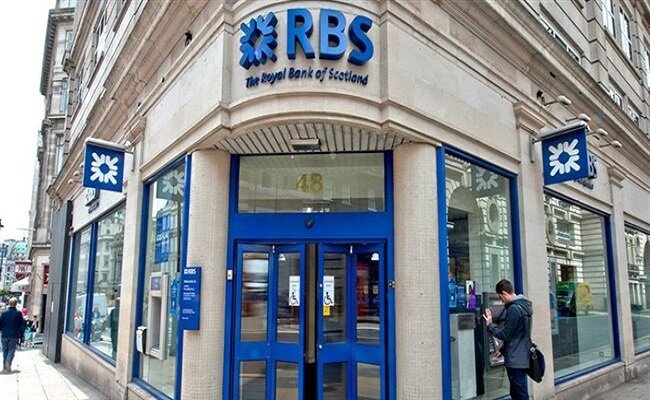The challenge of English banks with the crisis in the labor market

reported by default. However, the UK’s Office for National Statistics has failed to collect sufficient and accurate data on employment trends, which has led to sharp criticism from central bank officials and politicians.
HSBC banks, Barclays, Lloyds And Netwest at the end of last year had set aside 21.8 billion pounds equal to 27.6 billion dollars in reserves worldwide to cover debts that may not be repaid. /p>
In an interim report earlier this year, HSBC highlighted the risk of “uncertainty in estimates and forecasts of the UK unemployment rate given ongoing methodological updates at the UK Office for National Statistics” and The impact of this risk underscored the bank’s forecasts. Lloyds also cited the unemployment rate as a “key source” of credit loss uncertainty in its latest annual report.
According to the October report, Barclays added £102m to its loss reserves, mainly due to uncertainty Economic, including the amount of pressure on customers at risk of default. Netwest also allocated 123 million pounds related to economic uncertainty to retail banking loss provisions in its latest quarterly report.
Gray Green Wood, an equity research analyst at Shore, believes that any problems with the calculations used to support banks’ provisions “could make them more risk-averse than necessary and limit their appetite for lending.” Slow and as a result economic growth stop it”.
According to economists, when it comes to uncertainty about the accuracy of official data, commercial bankers usually turn to their own judgments to adjust models.
One of the economists of one of the top British banks, who asked not to be named, pointed out that earlier this year the unemployment rate of the UK Statistics Center was in complete contrast to the bank’s forecasts. . Previously, this would have forced the bank to re-examine its forecasting practices.
However, due to known problems at Statistics England, the Bank concluded that the official data was probably wrong and went ahead with its own estimates. According to this economist, the bank’s experts still consider the official unemployment rate, but treat these numbers with caution.
Even Andrew Bank of England governor in a speech last month mocking the UK Statistics Office’s errors in The state of the workforce in this country is a major problem, not just for monetary policy, because we don’t even know how many people are contributing to the economy.


